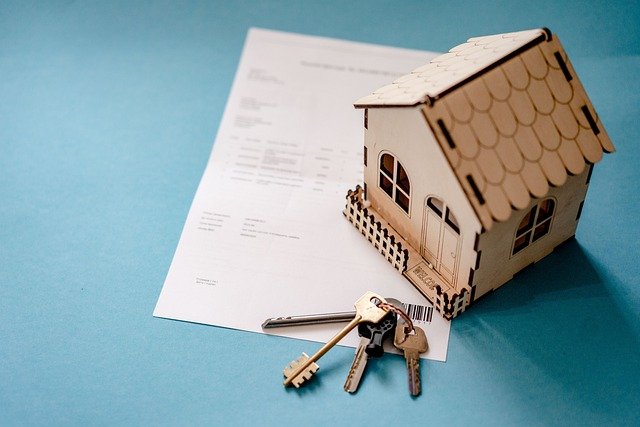Understanding the Impact of Interest Rates on the Real Estate Market
Interest rates play a significant role in the real estate industry, influencing property demand, investment strategy, and overall market trends. This article will delve into the intricate relationship between interest rates and real estate, providing an essential guide for buyers, sellers, and investors navigating the property market.

In the past few decades, interest rates have experienced several fluctuations, impacting the real estate market in numerous ways. Understanding this relationship is crucial for anyone involved in the industry, and can offer insights into optimizing property investments and predicting market trends.
The History and Role of Interest Rates
Interest rates are the cost of borrowing money. They are determined by the Federal Reserve in the U.S, or the central bank in other countries, and are influenced by various economic factors. Historically, interest rates have fluctuated significantly, from the high rates in the 1980s to the near-zero rates in the wake of the 2008 financial crisis.
In the real estate market, interest rates affect the cost of mortgages. When rates are low, borrowing becomes cheaper, potentially increasing the demand for properties. In contrast, high rates can lead to decreased property demand as mortgages become more expensive.
Current Trends and Analysis
In recent years, we’ve seen interest rates at historically low levels. This environment has stimulated property demand, contributing to the buoyant real estate market observed in many regions.
However, this trend isn’t without its challenges. Low interest rates can also inflate property prices, making housing less affordable for many potential buyers. Moreover, it puts investors in a tricky position, as high property prices can impact the return on investment.
The Impact on Buyers, Sellers, and Investors
The influence of interest rates extends to all participants in the real estate market. For buyers, low rates can make mortgages more affordable, but they may face higher property prices. Sellers could benefit from increased property values, but they might find fewer buyers if affordability becomes an issue.
For investors, the impact of interest rates is twofold. While low rates reduce borrowing costs, they can also inflate property prices, reducing potential returns. Conversely, high rates might deter some investors but could also present opportunities to buy at lower prices.
The Future of Interest Rates and Real Estate
Predicting the future of interest rates and their impact on real estate is no easy task. It requires a deep understanding of economic conditions and a finger on the pulse of the property market.
However, one thing is certain: interest rates will continue to play a critical role in the real estate industry. Whether you’re a buyer, seller, or investor, understanding this relationship is crucial to making informed decisions and optimizing your property strategy.
In conclusion, interest rates and real estate are inextricably linked. By understanding this relationship, we can better navigate the property market, anticipate trends, and seize opportunities. Whether rates rise or fall, there will always be implications for real estate, and those prepared to adapt will be best positioned to thrive.




